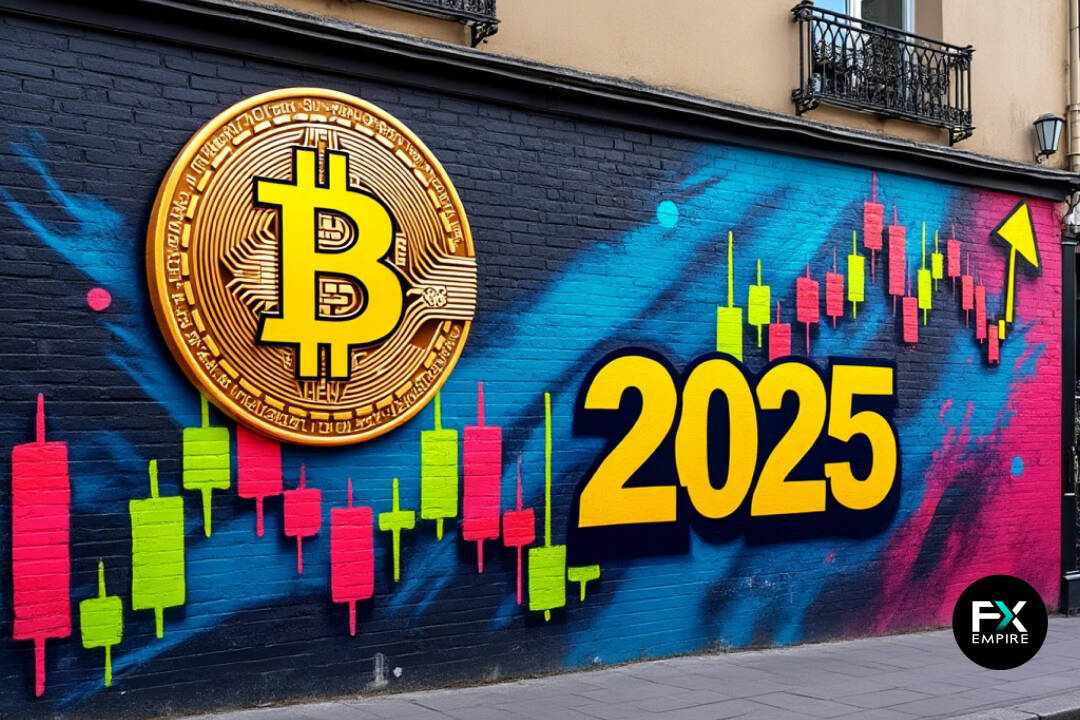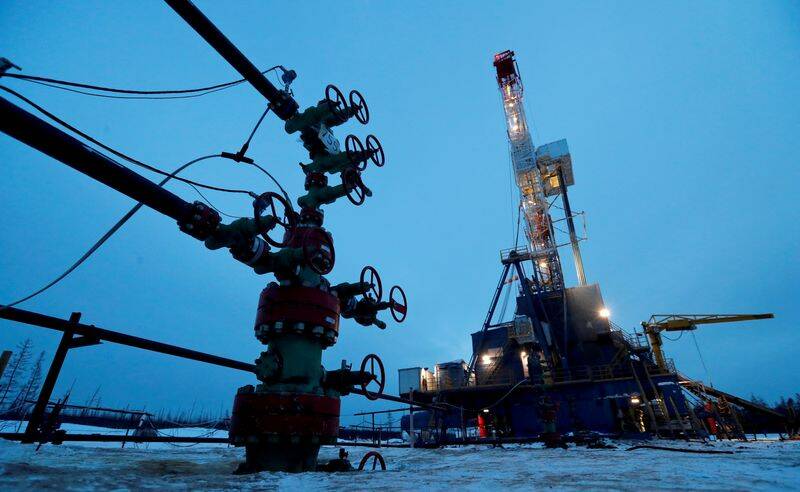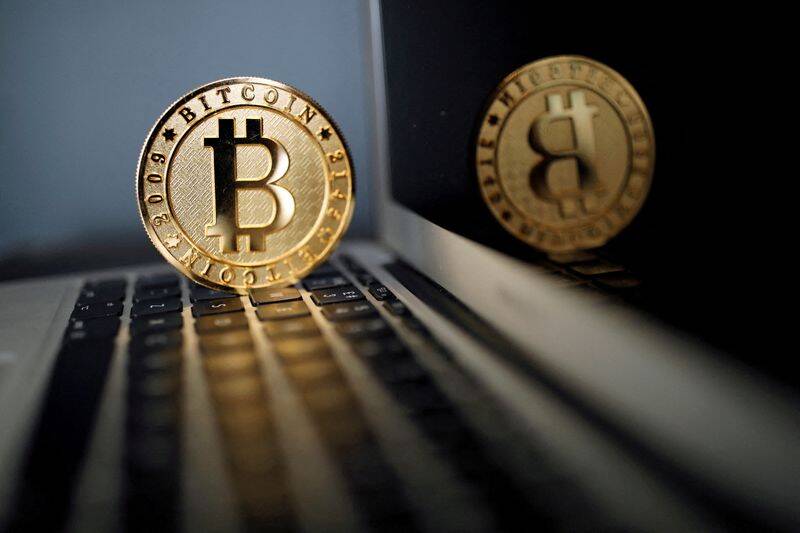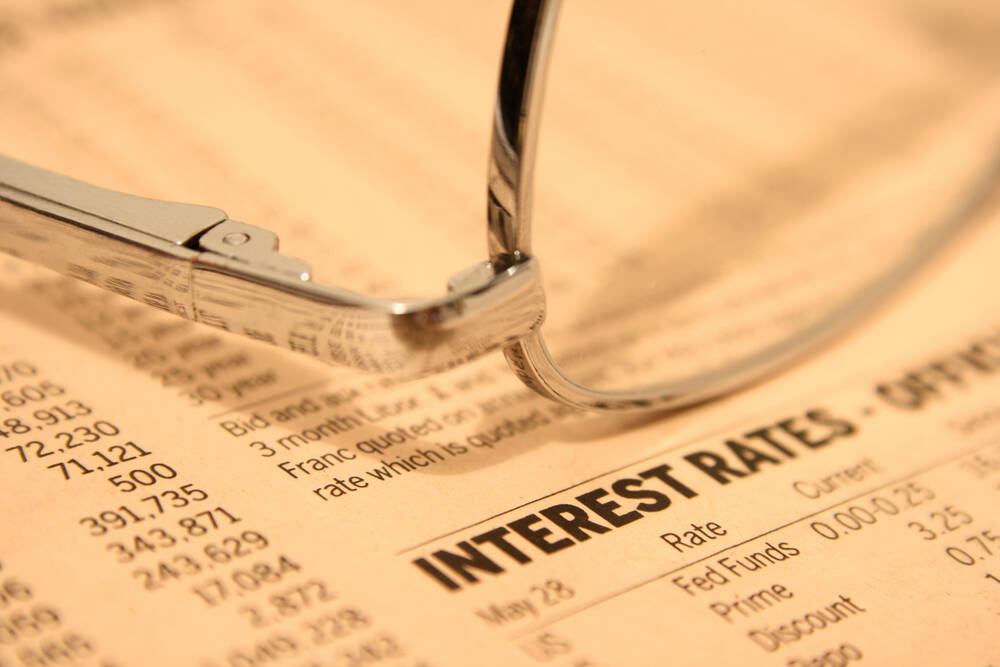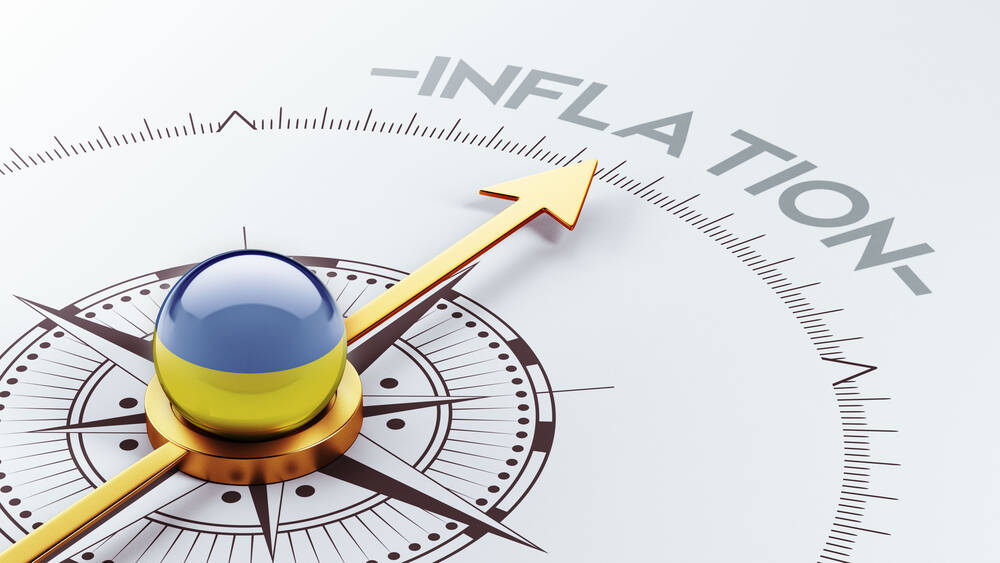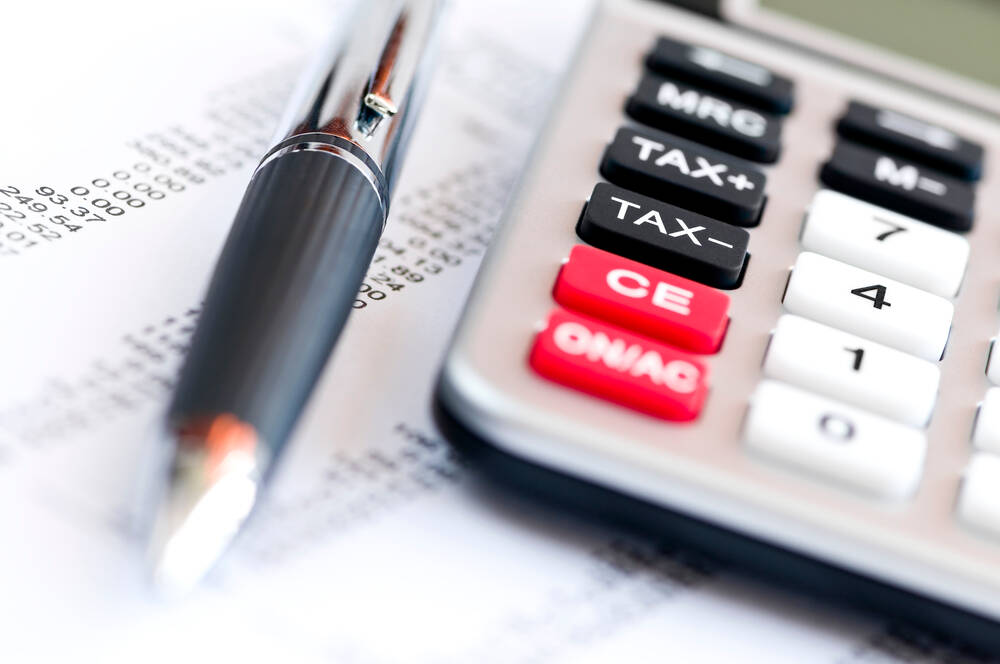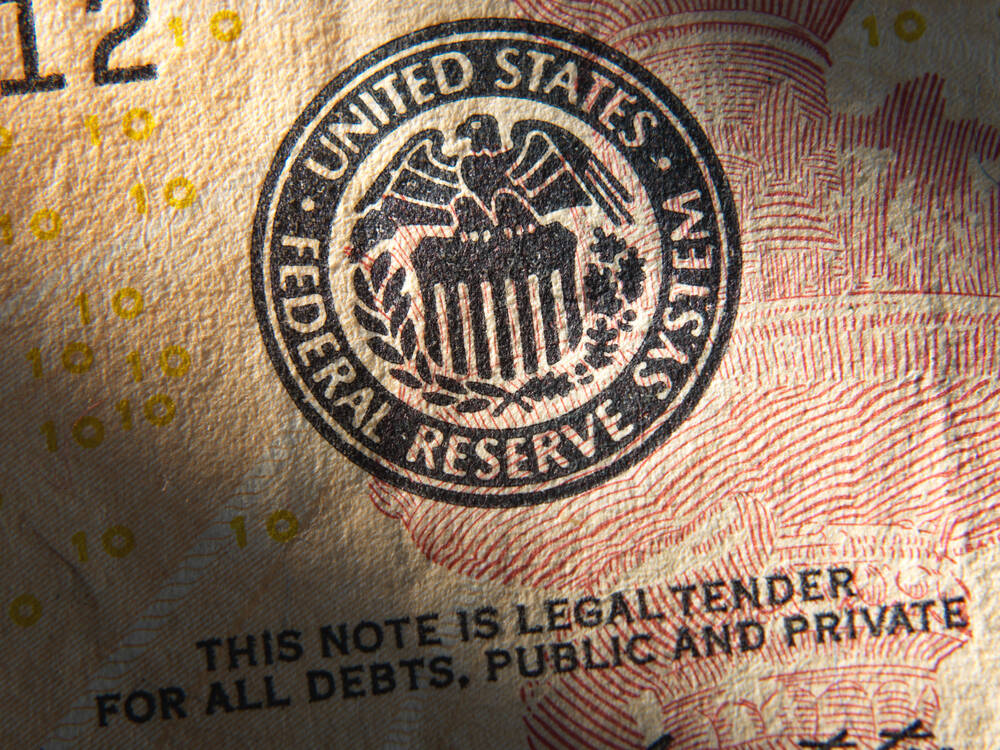Advertisement
Advertisement
Search Indicator:
Choose Country 
United Kingdom GDP Growth Rate
Last Release
Dec 31, 2024
Actual
0.1
Units In
%
Previous
0.1
Frequency
Quarterly
Next Release
Jun 27, 2025
Time to Release
2 Months 26 Days 21 Hours
Highest | Lowest | Average | Date Range | Source |
17.6 Sep 2020 | -19.4 Jun 2020 | 0.57 % | 1955-2024 | Office for National Statistics |
The services sector is the most important and account for 79 percent of United Kingdom's GDP. The biggest segments within services are: government, education and health (19 percent of total GDP); real estate (12 percent); professional, scientific and technical activities and administrative and support services (12 percent); wholesale and retail trade (11 percent); and financial and insurance (8 percent). Industry accounts for 21 percent of the GDP and the largest segments within this sector are: manufacturing (10 percent of total GDP) and construction (6 percent). The Agriculture sector accounts for only 1 percent of GDP. Composition of the GDP on the expenditure side: household consumption (65 percent), government expenditure (20 percent) and gross fixed capital formation (17 percent). Exports of goods and services account for 28 percent of GDP while imports account for 30 percent, subtracting 2 percent from GDP.
Latest Updates
The British economy expanded 0.1% on quarter in Q4 2024, the same as in the first estimate, and following a flat reading in Q3. On the production side, the services sector increased by 0.1% (less than 0.2% in the first estimate), with the largest positive contribution coming from human health and social work activities. Construction also grew 0.3%, while production fell by 0.4% (vs -0.8% in the first estimate), largely driven by a 0.6% decline in manufacturing, namely manufacture of basic metals and metal products (-2.9%) and transport equipment (-2%). On the expenditure side, there were falls in net trade and gross fixed capital formation, offset by a large increase in gross capital formation. Also, household consumption increased 0.1%, revised up from the initial estimate of no growth, mostly due to spending on restaurants and hotels, and housing. Public expenditure rose 0.5%, mainly public administration and defence, and higher activity in health.
United Kingdom GDP Growth Rate History
Last 12 readings
